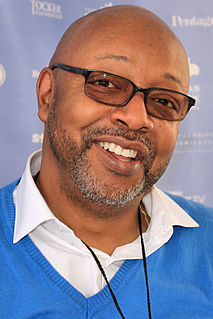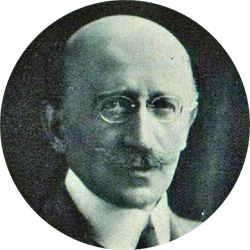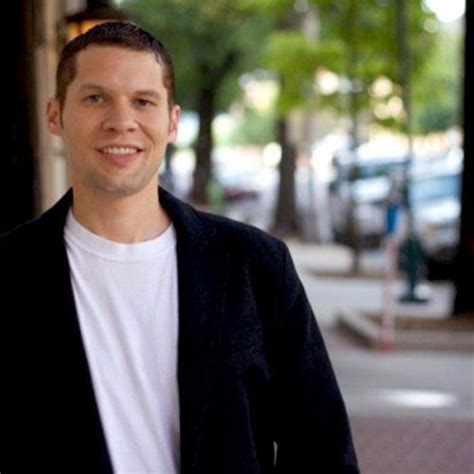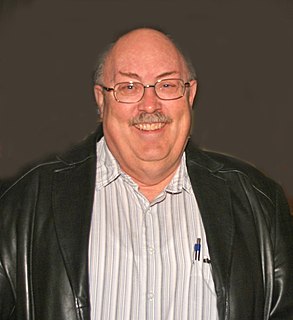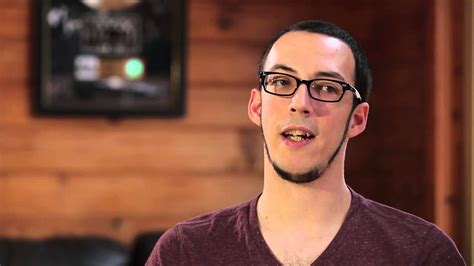A Quote by J.R. Ward
That's the problem with white horses. You have to pay for them yourself or you'll always be using someone else's reins.
Related Quotes
Suppose a white man should come to me and say, "Joseph, I like your horses. I want to buy them." I say to him, "No, my horses suit me; I will not sell them." Then he goes to my neighbor and says to him, "Joseph has some good horses. I want to buy them, but he refuses to sell." My neighbor answers, "Pay me the money and I will sell you Joseph's horses." The white man returns to me and says, "Joseph, I have bought your horses and you must let me have them." If we sold our lands to the government, this is the way they bought them.
People are always pleased to indulge their religiosity when it allows them to stand in judgment of someone else, licenses them to feel superior to someone else, tells them they are more righteous than someone else. They are less enthusiastic when religiosity demands that they be compassionate to someone else. That they show charity, service and mercy to everyone else.
We don't want to give the controls to someone else; we want those reins ourselves. We want to get our way. And we get upset when things don't work out. . . . When we try to control someone else or events beyond the scope of our power, we lose. When we learn to discern the difference between what we can change and what we can't, we usually have an easier time expressing our power in our lives. Because we're not wasting all our energy using our power to change things we can't, we have a lot of energy left over to live our lives.
More than half of all people filing income tax forms use someone else to prepare the forms for them. Then they have to sign under penalty of perjury that these forms are correct. But if they were competent to determine that, why would they have to pay someone else to do their taxes for them in the first place?
Horses in the Book of Mormon would be another. You have relatively few mentions of horses, but there are some, and we don't know exactly how they were used; they don't seem to be all that common. Were they horses as we understood them, [or] does the term describe some other animal? Languages don't always and cultures don't always classify things the way we would expect. We have what we call common-sense ways of doing it. They're not common sense; they're just ours. But again, we don't have a strong case there. We're just problem solving there.
The problem with commodities is that you are betting on what someone else would pay for them in six months. The commodity itself isn't going to do anything for you....it is an entirely different game to buy a lump of something and hope that somebody else pays you more for that lump two years from now than it is to buy something that you expect to produce income for you over time.
Take back your light. Know that when you're in awe of someone else's greatness, you're really seeing yourself. Identify what you most admire or love about others and see how you can nourish those qualities and bring them out in yourself. Instead of fixating on someone else's brilliance, find ways to develop and demonstrate your own.
Doing something for someone else, or working for somebody else, helps you push yourself beyond what you think is possible, or beyond what is possible just doing something for yourself. My faith, my family, whatever, if you're doing it for someone else, you're always going to push a little bit harder.


